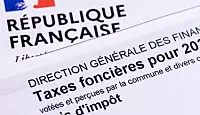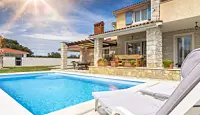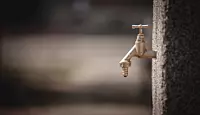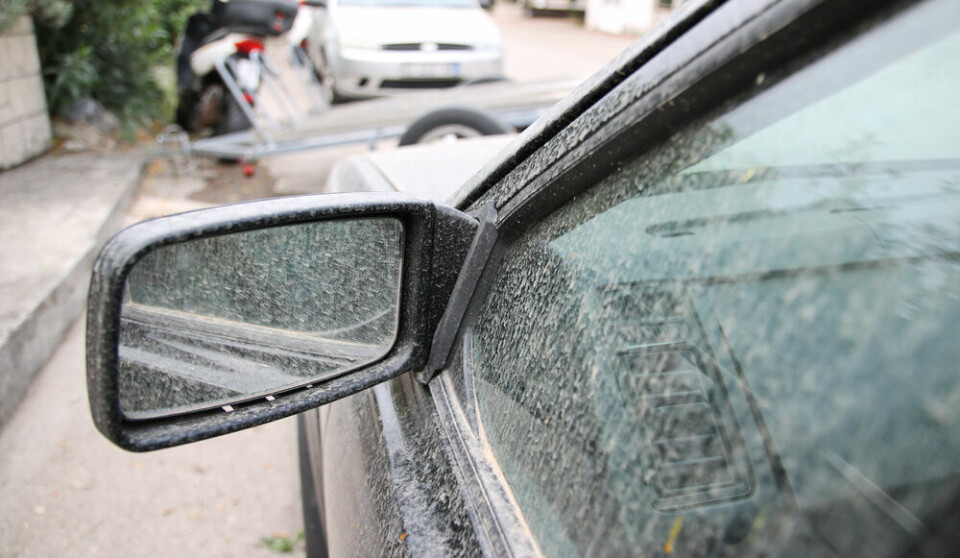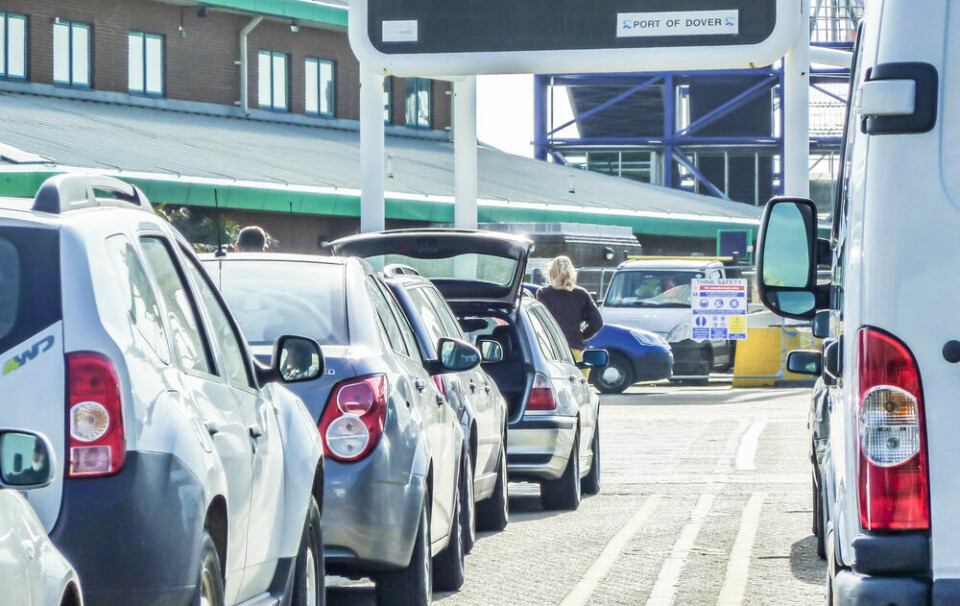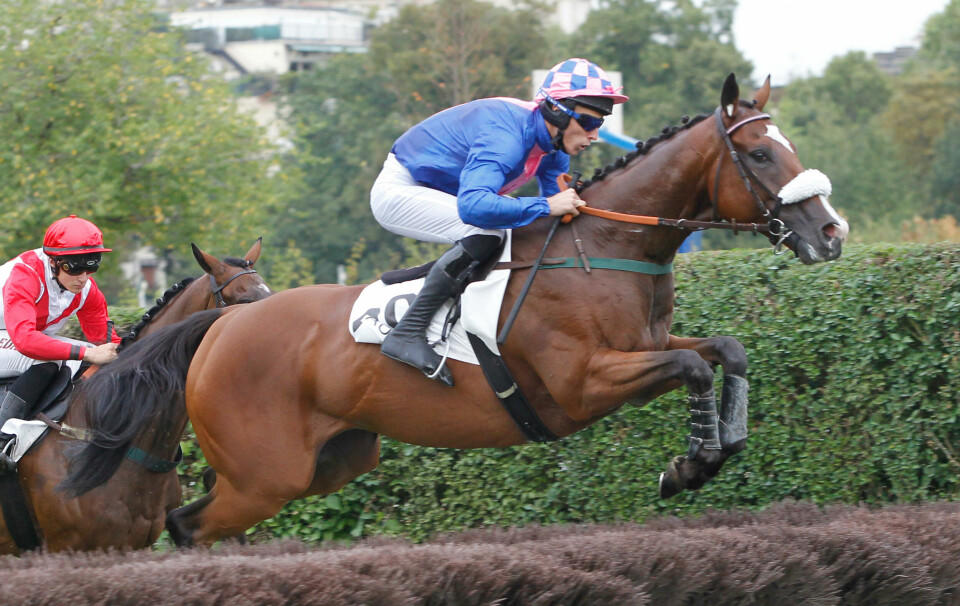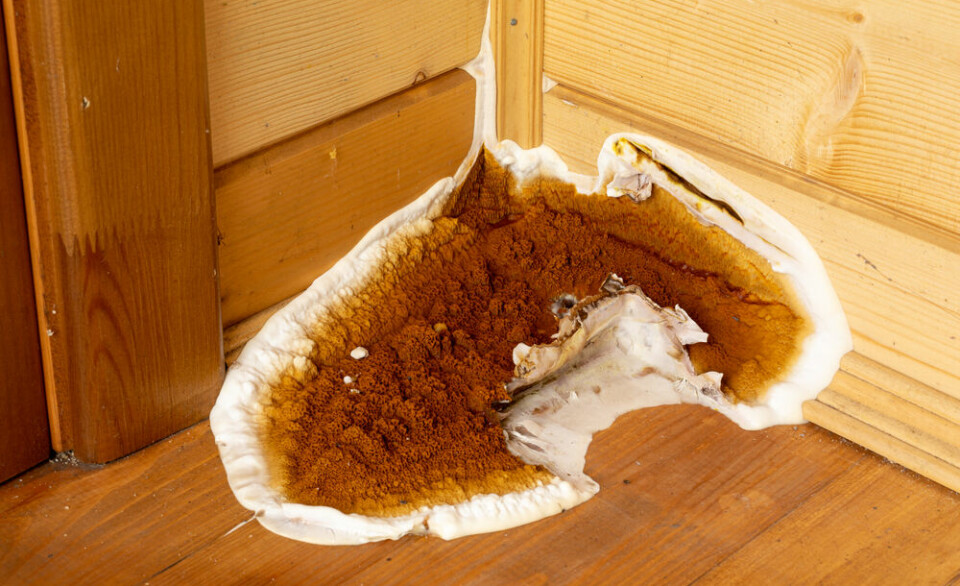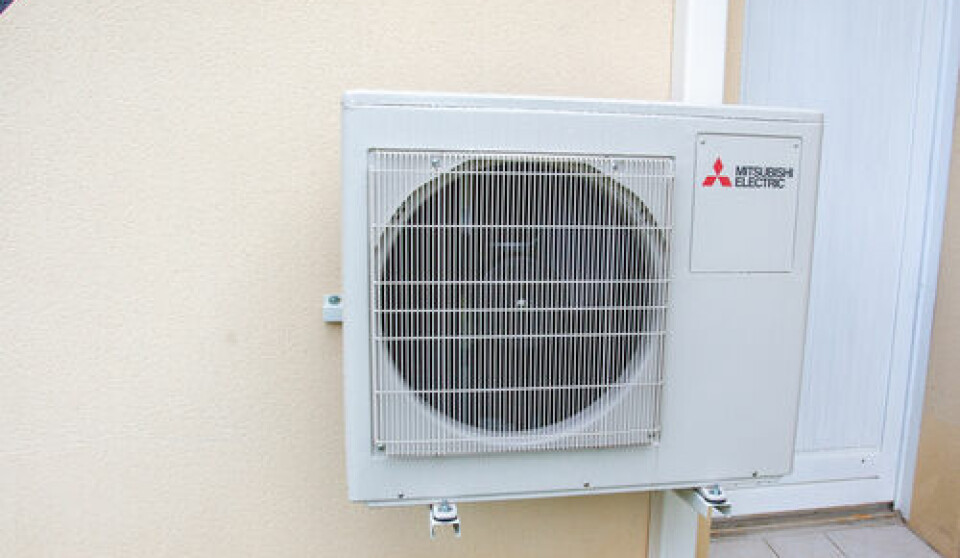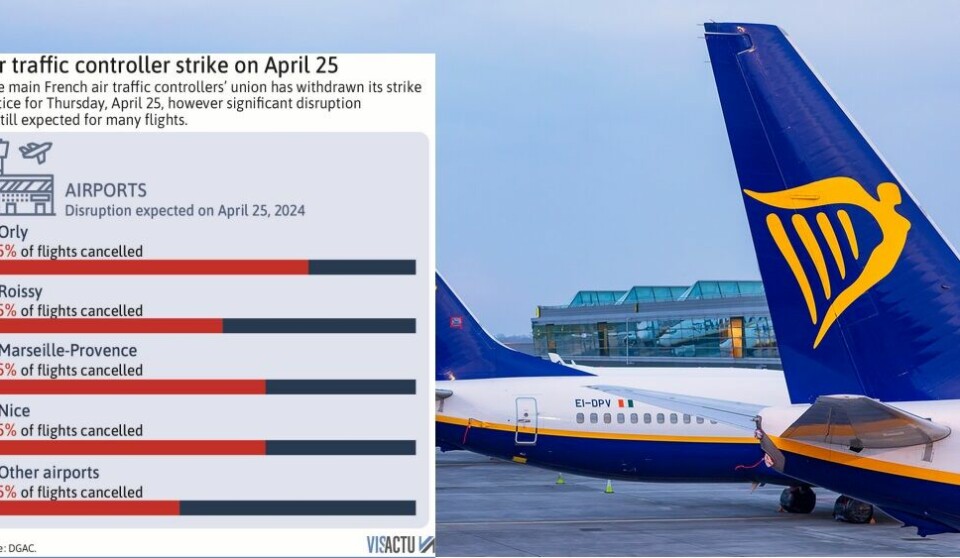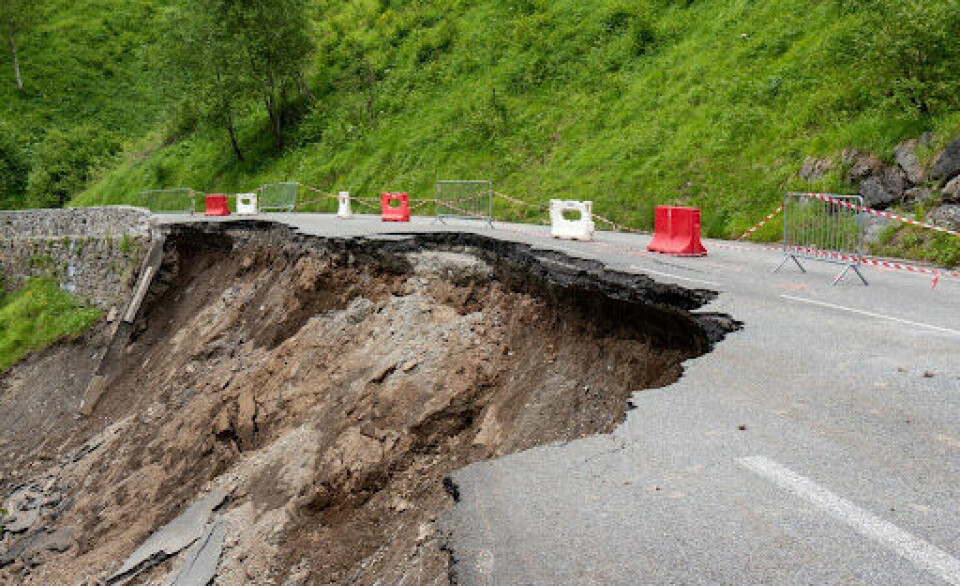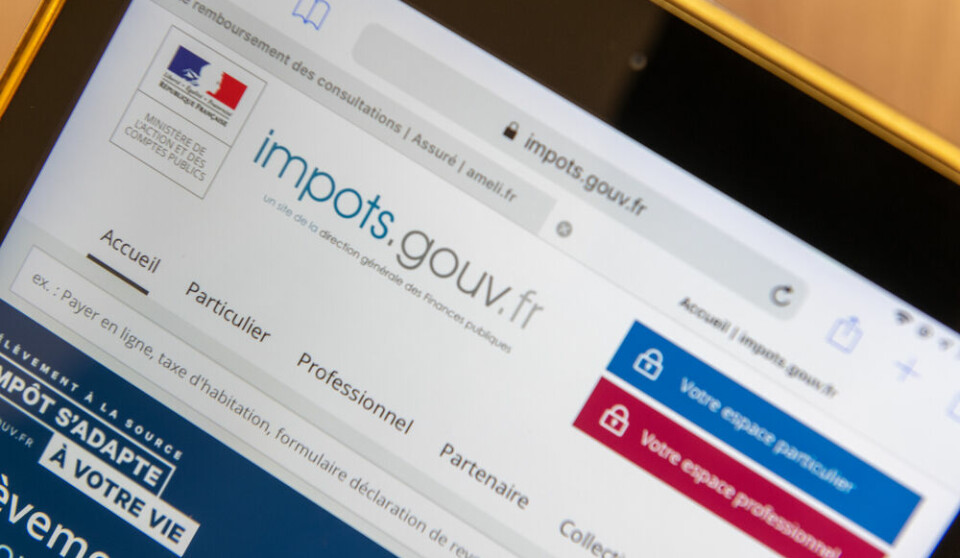-
Taxe foncière French property tax: What rises on way as councils vote?
Local councils had until April 15 to set their rates; some have risen, some stayed the same, and a couple have dropped
-
‘Tiny swimming pools’ catch on in France as easier and cheaper option
Smaller pools are not subject to same regulations as larger conventional ones
-
How do I see if any drought rules are affecting my French home?
Restrictions can greatly impact the use of water
1,500 undeclared pools traced in Dordogne, south-west France
The tax office uses artificial intelligence to find them by scanning aerial photos
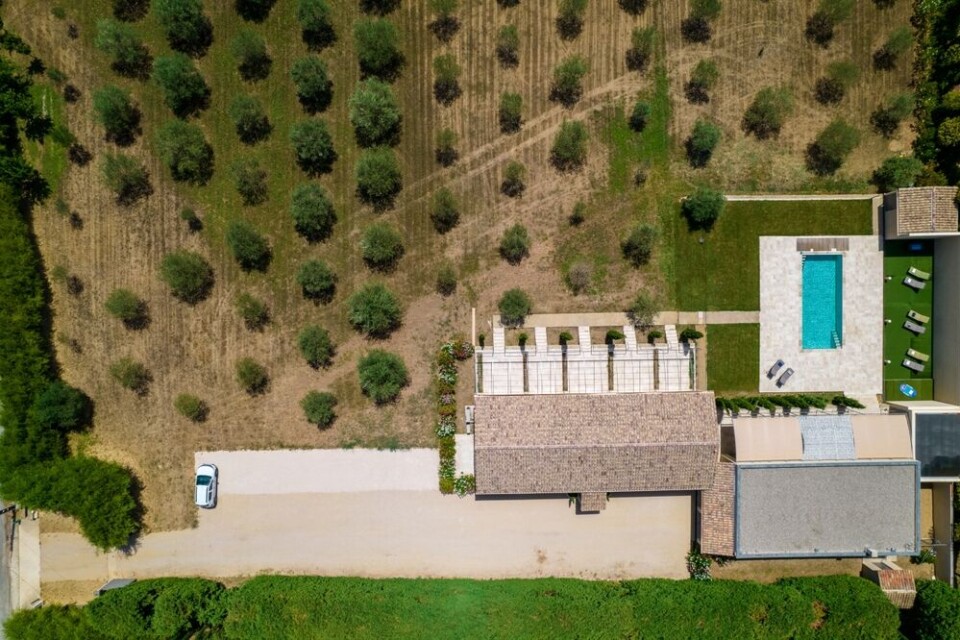
An additional 1,500 swimming pools were discovered in Dordogne in 2023 due to the government’s artificial intelligence tool that scans aerial photos to detect property tax fraud, it has been revealed.
The newly discovered pools come on top of the 30,000 already declared in the department and represent an increase of 5% and a tax windfall for communes and local authorities.
The same AI software, which has detected 140,000 undeclared pools nationally since 2021, is now to be used to detect undeclared outbuildings, such as garages, verandas and large sheds, on properties and will start in 2024.
Read more: French tax officials to hunt out undeclared sheds and verandas
It is part of a €30m programme, called Foncier innovant, and is designed to detect structures that property owners have not declared for tax purposes.
“The main beneficiaries of this are the local authorities, rather than the state, since they are the ones that receive the taxe foncière,” Dordogne head of public finances Didier Bianchini told France Bleu.
However, property owners should be aware that the AI is far from infallible, particularly with regards to dismountable or above ground pools.
Swimming pools that are dismountable and require no supporting earthworks do not require a permit, nor do they add to property tax. The same applies to paddling pools and swimming pools less than 10m².
However, permanent pools do require a building permit - even if above ground.
Such intricacies contribute to the AI’s relatively high rate of error, which is reportedly still between 55% to 60%.
“When the software shows tax officials that there is an undeclared swimming pool or building, they must then verify this against what the homeowner has declared,” Damien Robinet from tax workers’ union Solidaires Finances Publiques told Capital.
“If the information is valid, then the system sends an automatic notification to the homeowner that their taxes will be adjusted due to the findings.”
In most cases, the homeowners must pay higher taxes but typically face no punitive action if they simply recognise their mistake - however, in theory, they could be forced to repay up to three years in back-taxes.
Read more
French tax office begins to use aerial shots to find undeclared pools
France's way of tracking undeclared pools is unfair, says report
